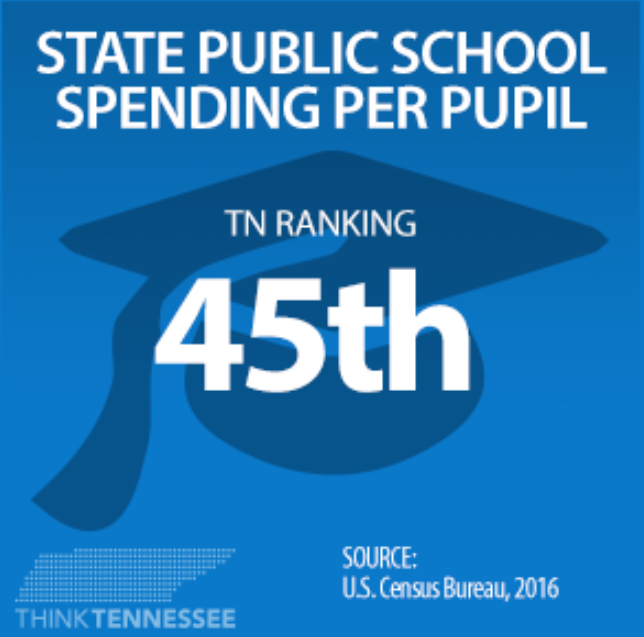The Metro Nashville school board is calling on the State of Tennessee to step up when it comes to school funding, according to a story on WPLN.
Nashville leaders are calling on state lawmakers to increase education funding.
A resolution adopted by the Metro school board Tuesday night says the district needs more money to retain teachers.
District 9 school board member Amy Frogge, who proposed the resolution, says the state has over $5 billion in reserves that could be used for education funding.
Last week, board members expressed their support for a Metro lawsuit challenging the state’s new school voucher law — which they say will take money from the district.
“It’s critically important that we get that money to our schools,” says Frogge. “As a school board member but also as a parent, the needs in our schools are great and we’re losing teachers.”
While Governor Bill Lee’s proposed budget makes some investment in teacher pay, Tennessee teachers are still paid at a rate lower than they were in 2009, according to a report from the Sycamore Institute.
After adjusting for inflation, however, teachers’ average pay during the 2018-2019 school year was still about 4.4% lower than a decade earlier.
And, of course there’s the reality that the state grossly underfunds its school funding formula, the BEP.
In Tennessee, classroom size requirements have forced districts to hire more than 9,000 teachers beyond what the BEP provides to pay for their salaries, according to a statewide analysis presented by the Department of Education in December to the BEP Review Committee.
To address the BEP shortfall, the state needs at least $468 million. To address stagnant teacher pay, the state needs another $300 million. As Frogge notes, Tennessee has the money. Will our policymakers make a nearly $800 million investment in public schools?

For more on education politics and policy in Tennessee, follow @TNEdReport
Your support – $5 or more today – makes publishing education news possible.





